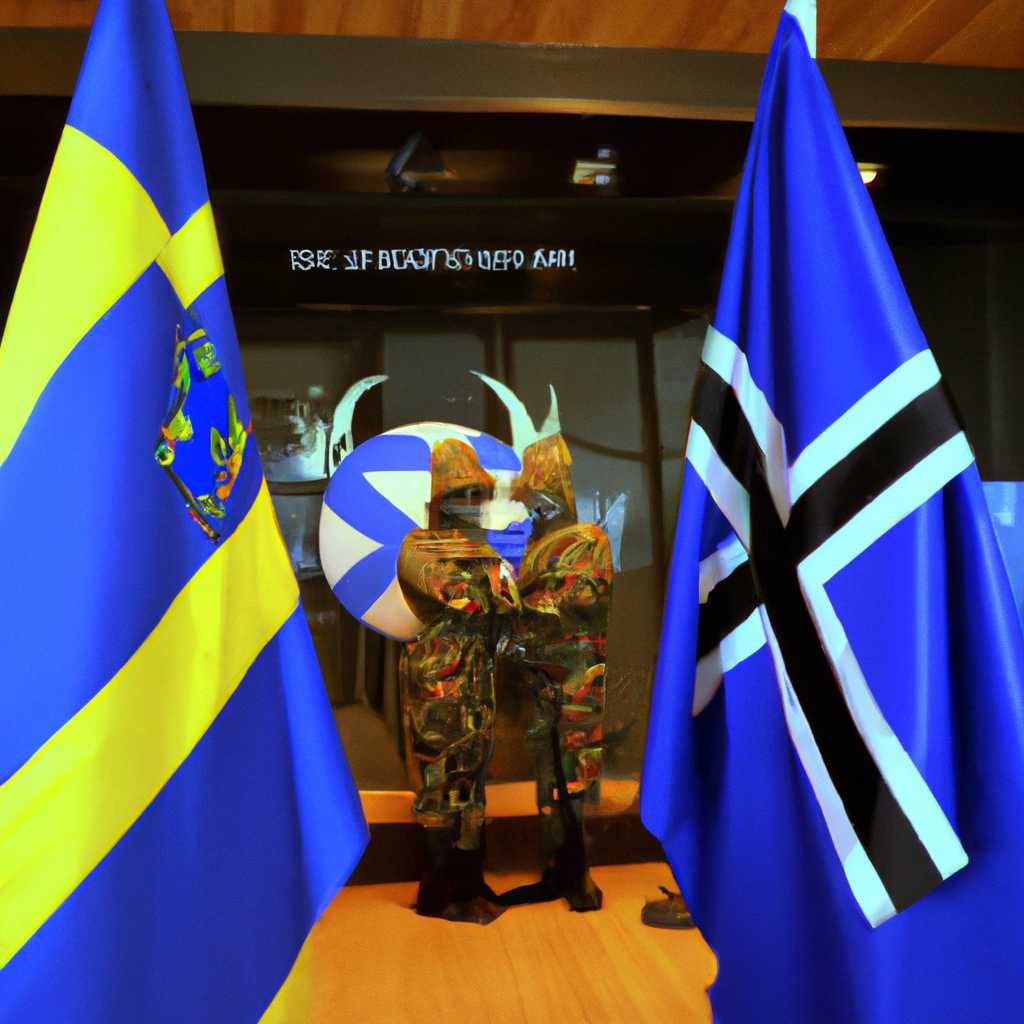In a monumental shift for the European region, Finland and Sweden have officially submitted their bids to join the NATO Alliance. This move comes as a response to the Russian invasion of Ukraine and is intended to strengthen the Alliance posture. However, the process of joining has been stalled due to Turkey's opposition, which arose due to Sweden's perceived support for Kurdish separatist movements. To resolve this issue, Finland and Sweden agreed to a trilateral memorandum of understanding with Turkey, which included concessions on what Turkey calls the Kurdish militant groups and arms.
This week, Turkish President Recep Tayyip Erdogan announced that Finland's application was sent to the Turkish parliament for ratification. Erdogan credited Finland for taking “sincere and concrete steps” to fulfill security commitments in the agreement. Finnish president Sauli Niinistö thanked Erdogan for the decision and noted that the two countries shared common interests. Meanwhile, Swedish officials stayed home due to Erdogan s strong opposition to ratifying their application.
Sens. Jeanne Shaheen (D-N.) (P.S. ), (D-N. Thom Tillis (R-N.H. ) and Thom Tillis (R-H. The co-chairs of the bipartisan NATO Observer Group in the Senate urged Hungary and Turkey "to fulfill their obligations to the transatlantic family and vote on both the new accession protocols without further delay.” All 30 NATO members must approve a nation's application with Hungary yet to approve the application for Finland or Sweden.
The addition of Finland and Sweden to NATO is expected to have far-reaching implications for security and stability of the region. Finland and Sweden will gain access to a variety of resources and support by joining the Alliance as well as a greater sense of security. With the expected ratification before the presidential elections on May 14, the two countries will soon officially be welcomed into the NATO family.

